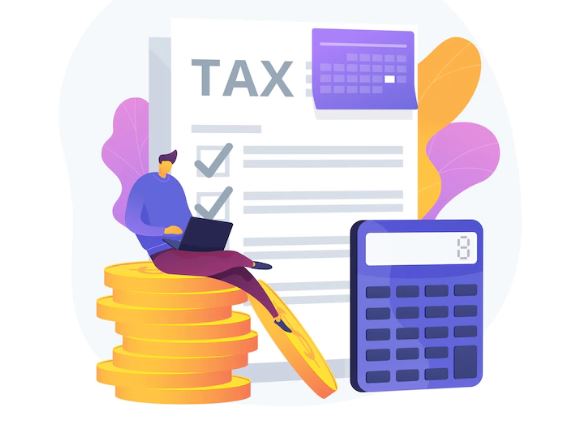ITR Filing Due Date FY 2022-23 (AY 2023-24):
31st July 2023
Filing income tax returns is an essential responsibility for individuals and businesses in India. It helps the government assess the tax liability of individuals and ensures compliance with the tax laws. One crucial aspect of the income tax return filing process is the due date for submission. The last date to file Income Tax Return (ITR) for FY 2022-23 (AY 2023-24) without a late fee is 31st July 2023.
Income Tax Return Filing
(All Inclusive Packages)
₹
999/-
- Computation
- Filed ITR Form and
- ITR acknowledgment












